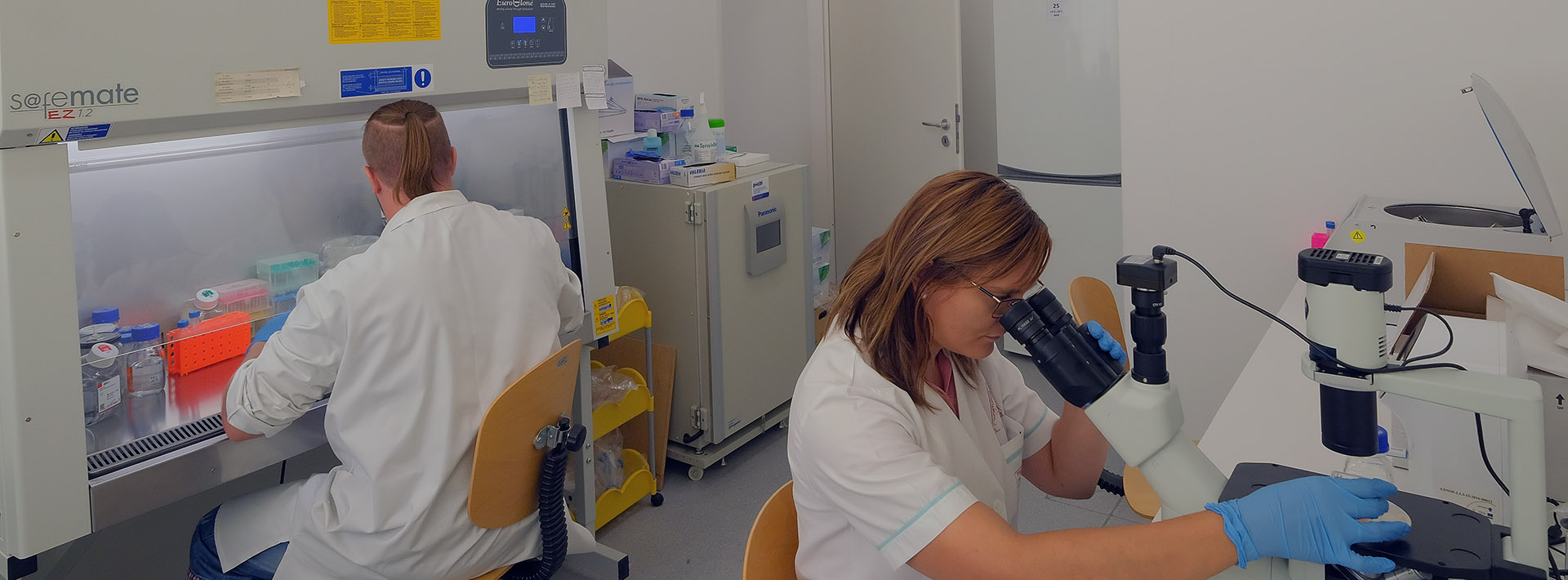Adatok
A Tantárgybejelentőben megadott hivatalos adatok az alábbi tanévre: 2024-2025
Tantárgyfelelős
-
Sándor Zoltán (1968, Farmakológia)
associate professor,
Óraszámok/félév
előadás: 42 óra
gyakorlat: 0 óra
szeminárium: 0 óra
összesen: 42 óra
Tárgyadatok
- Kód: OSP-FF1-T
- 3 kredit
- Dentistry
- Pre-clinical modul
- spring
OSP-KT2-T parallel , OSP-PO2-T parallel
Kurzus létszámkorlát
min. 5 fő – max. 30 fő
Tematika
The general aim of the subject is to provide the dentistry students with all the basic information in pharmacology necessary to understand the actions of drugs and the clinical pharmacotherapy. Pharmacology can be defined as the study of the manner in which the function of living systems is affected by chemical agents. Therefore, the students should be familiar with the basic knowledge of the physiological, pathophysiological and biochemical background of the pharmacological and therapeutic approaches. On the other hand, drug therapy is closely related to the clinical aspects of diseases.
The following topics will be dealt with. Definitions, prescription writing, drug development, drug formulations. General aspects of mechanisms of drug actions: characterization of drug-receptor interactions, mechanisms of drug antagonism, signal transduction mechanisms of drug receptors. General and quantitative aspects of pharmacokinetics: absorption, distribution and elimination of drugs. Pharmacology of the autonomic nervous system. Local anaesthetics.
Cardiovascular pharmacology: drugs used to treat congestive heart failure, antianginal, antiarrhythmic, antihypertensive drugs, diuretics, calcium channel blockers, drugs acting on the renin-angiotensin-aldosterone system. Drugs affecting haemostasis, haematopoesis and hyperlipoproteinaemias. Pharmacology of histamine, serotonin.
Előadások
- 1. Introduction to pharmacology, drug development - Sándor Zoltán (1968, Farmakológia)
- 2. Basic mechanisms of drug effects - Sándor Zoltán (1968, Farmakológia)
- 3. Signal transduction - Sándor Zoltán (1968, Farmakológia)
- 4.
Characteristics of the agonist-receptor interaction I.
- Al-Omari Ammar Abdallah Khalaf - 5.
Characteristics of the agonist-receptor interaction II.
- Al-Omari Ammar Abdallah Khalaf - 6.
Antagonism, tachyphylaxis and tolerance
- Al-Omari Ammar Abdallah Khalaf - 7. Absorption, distribution, biotransformation and excretion - Gasznerné Kormos Viktória
- 8. Quantitative pharmacokinetics I. - Gasznerné Kormos Viktória
- 9. Quantitative pharmacokinetics II. - Gasznerné Kormos Viktória
- 10.
Introduction to the pharmacology of the autonomic nervous system
- Al-Omari Ammar Abdallah Khalaf - 11.
Cholinerg agonists, cholinesterase inhibitors
- Al-Omari Ammar Abdallah Khalaf - 12.
Muscarine receptor antagonists
- Al-Omari Ammar Abdallah Khalaf - 13. Drugs acting on the synthesis, storage, release and elimination of catecholamines - Gasznerné Kormos Viktória
- 14. Adrenergic receptor agonists - Gasznerné Kormos Viktória
- 15. Adrenergic receptor antagonists - Gasznerné Kormos Viktória
- 16.
Local anaesthetics I.
- Al-Omari Ammar Abdallah Khalaf - 17.
Local anaesthetics II.
- Al-Omari Ammar Abdallah Khalaf - 18.
Calcium channel blockers
- Al-Omari Ammar Abdallah Khalaf - 19. Drugs acting on the renin-angiotensin system - Sándor Zoltán (1968, Farmakológia)
- 20. Diuretics - Sándor Zoltán (1968, Farmakológia)
- 21. Therapy of congestive heart failure - Sándor Zoltán (1968, Farmakológia)
- 22.
Antianginal drugs
- Sándor Zoltán (1968, Farmakológia) - 23.
Pharmacotherapy of hypertension
- Sándor Zoltán (1968, Farmakológia) - 24.
Antiarrhythmic drugs
- Sándor Zoltán (1968, Farmakológia) - 25. Eicosanoids - Gasznerné Kormos Viktória
- 26. Drugs acting on smooth muscle - Gasznerné Kormos Viktória
- 27. Pharmacotherapy of hyperlipoproteinemias - Gasznerné Kormos Viktória
- 28.
Drugs influencing haemostasis I.
- Al-Omari Ammar Abdallah Khalaf - 29.
Drugs influencing haemostasis II.
- Al-Omari Ammar Abdallah Khalaf - 30.
Drugs influencing haemostasis III.
- Al-Omari Ammar Abdallah Khalaf - 31. Drugs influencing haematopoiesis - Gasznerné Kormos Viktória
- 32. Drugs acting on the respiratory system I. - Gasznerné Kormos Viktória
- 33. Drugs acting on the respiratory system II. - Gasznerné Kormos Viktória
- 34. Peripheral muscle relaxants - Sándor Zoltán (1968, Farmakológia)
- 35. Histamine and histamine receptor antagonists - Sándor Zoltán (1968, Farmakológia)
- 36. Serotonin and 5-HT receptor agonists and antagonists - Sándor Zoltán (1968, Farmakológia)
- 37. Drug formulations I. - Sándor Zoltán (1968, Farmakológia)
- 38. Drug formulations II. - Sándor Zoltán (1968, Farmakológia)
- 39. Drug formulations III. - Sándor Zoltán (1968, Farmakológia)
- 40. Consultation I. - Sándor Zoltán (1968, Farmakológia)
- 41. Consultation II. - Sándor Zoltán (1968, Farmakológia)
- 42. Test writing - Sándor Zoltán (1968, Farmakológia)
Gyakorlatok
Szemináriumok
A tananyag elsajátításához szükséges segédanyagok
Kötelező irodalom
Rang, Dale,B. Ritter, Moore: Pharmacology, 8th edition, Elsevier Churchill Livingstone, 2015.
G. Katzung (ed.): Basic and Clinical Pharmacology, 12th edition, Lange Medical Books/McGraw-Hill, 2012.
Saját oktatási anyag
Intranet. Department of Pharmacology and Pharmacotherapy. Educational materials.
Neptun Meet Street
Jegyzet
Ajánlott irodalom
A félév elfogadásának feltételei
For the semester to be accepted students are allowed to be absent from maximum 9 lectures.
Félévközi ellenőrzések
There is no mid-term examination.
Távolmaradás pótlásának lehetőségei
Not possible
Vizsgakérdések
1. Drug development
2. Basic mechanisms of drug actions, signaling processes
3. Characterization of the agonist-receptor interaction
4. Antagonism, tachyphylaxis and tolerance
5. Absorption, distribution,
6. Biotransformation and secretion
7. Pharmacokinetic parameters
8. Cholinergic agonists, cholinesterase inhibitors
9. Muscarinic receptor antagonists
10. Drugs affecting the synthesis, release and elimination of catecholamines
11. Adrenergic receptor agonists
12. Adrenergic receptor antagonists
13. Local anesthetics
14. Calcium channel blockers
15. Agents acting on the renin-angiotensin-aldosterone system
16. Diuretics
17. Treatment of congestive heart failure
18. Antianginal drugs
19. Treatment of high blood pressure
20. Antiarrhythmic drugs
21. Eicosanoids and smooth muscle agents
22. Agents acting on hyperlipoproteinemias
23. Anticoagulants, antiplatelet agents
24. Fibrinolytics, antifibrinolytics, hemostatic agents
25. Agents affecting hematopoiesis
26. Agents affecting the respiratory system
27. Peripheral muscle relaxants
28. Histamine and histamine receptor antagonists
29. Serotonin, 5-HT-receptor agonists and antagonists, migraine therapy
30. Basics of fluid therapy
The condition for passing the exam is at least satisfactory completion of the written test based on the listed topics.
Vizsgáztatók
- Gasznerné Kormos Viktória
- Sándor Zoltán (1968, Farmakológia)
Gyakorlatok, szemináriumok oktatói
- Al-Omari Ammar Abdallah Khalaf
- Gasznerné Kormos Viktória
- Sándor Zoltán (1968, Farmakológia)
